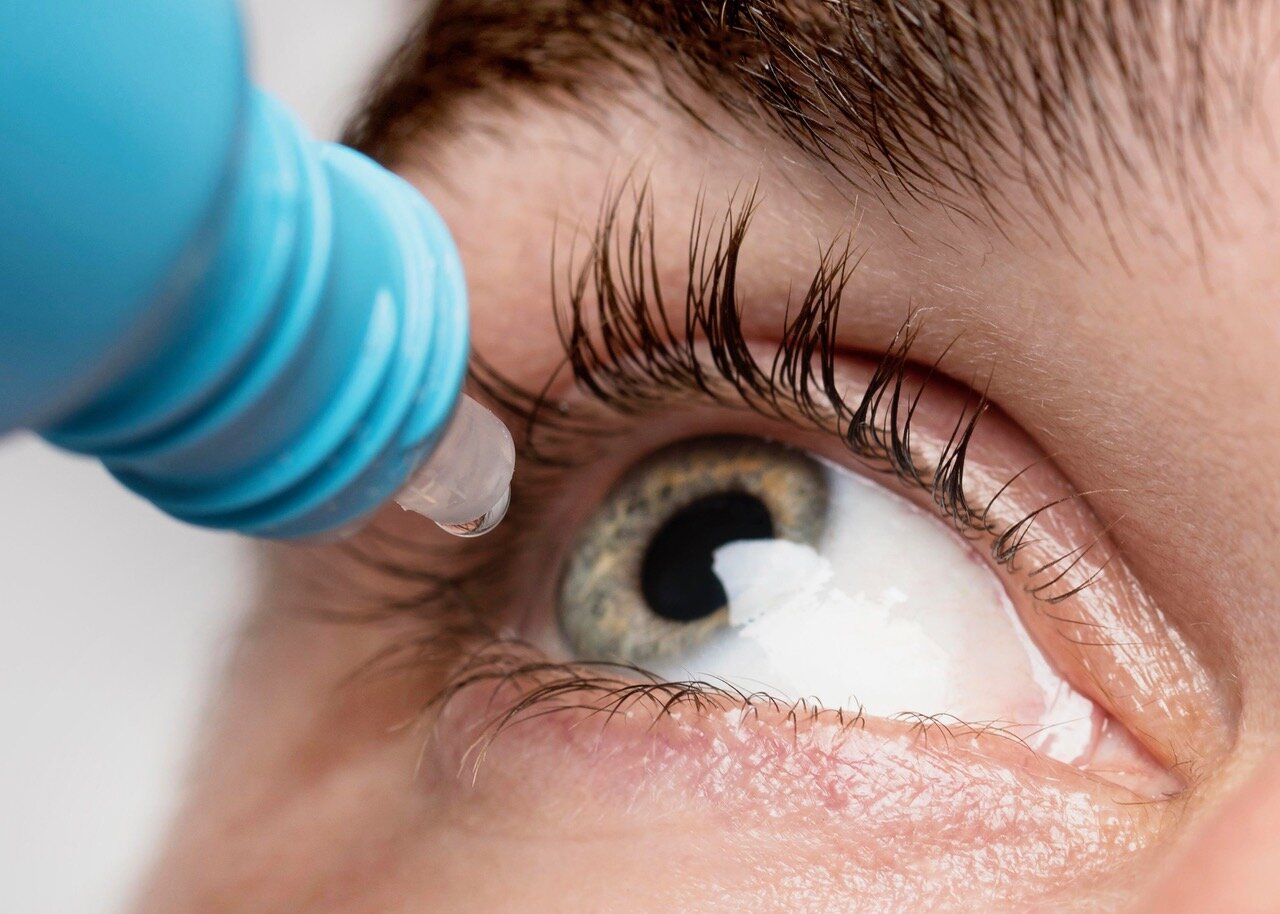July is Dry Eye Month! Here’s what you need to know.
Do you have a frequent feeling of itchiness, like something is in your eye?
Do you have difficulty driving at night or a sensitivity to bright lights?
Maybe you have red eyes, watery eyes, or sometimes blurred vision?
If you are nodding your head yes, then there is a strong possibility that you may be exhibiting signs of dry eyes.
According to the American Academy of Ophthalmology, Dry Eye is when your eye is not producing enough tears, which is vital to maintaining a healthy and comfortable eye. It also could be caused by your eye not making the right tear specifically.
Dry eye is a medical condition that affects an estimated 25 million people in the United States alone. Symptoms may be occasional discomfort or chronic and potentially vision-threatening, whether mild or painful.
July is National Dry Eye Awareness Month, so as always, we want to provide a simplified understanding of what dry eye is, the symptoms of it, and how to treat it so you can get back to enjoying a healthy and comfortable vision experience!
Dry eye is a multifactorial disease that is often under-recognized and under-diagnosed, but can cause extreme discomfort for the patient, which is why at Shanbom Eye Specialist we treat it with just as much importance as glaucoma, macular degeneration, or a variety of other eye diseases. To better get a grasp if this is something you (or someone you love) is experiencing, let’s take a close look at the symptoms of dry eye:
Symptoms
Eyes that sting or burn, feel scratchy, become irritated and tear excessively
Blurred, changing or decreased vision
Pain and redness in the eye
A feeling of heavy eyelids
Mucus in or around their eye
Difficulty wearing contact lenses
People with more severe cases of Dry Eye Syndrome often are also sensitive to light.
Note: Symptoms often occur in both eyes, but of course this could be isolated to a singular eye.
Though it is helpful to understand symptoms and consider if this is something you may be experiencing, it is important to note that dry eye can only officially be diagnosed by your eye care specialist. If you, or someone you know, may be experiencing these symptoms, we highly suggest you make your appointment to come in and give us a visit so we can get started on your eye treatment plan, together!
Though dry eye is not curable, it is possible to treat the symptoms. Here are some treatments:
Artificial Tears- For mild dry eye, over the counter tears are helpful
Eye Ointments and gels- Great for nighttime use
Antibiotics- For blepharitis and blocked oil glands
Medications like RESTASIS and Xiidra®- Great for moderate to severe dryness
Tear Plugs- Maintain moisture in the eye. Quick insertion in the office and work great
Of course, every case is different and treatment varies depending on severity, so the best first step to take is to schedule your appointment so your specialist can take all factors into consideration and give you the best treatment possible.
Call us today at (248) 546-2133!


